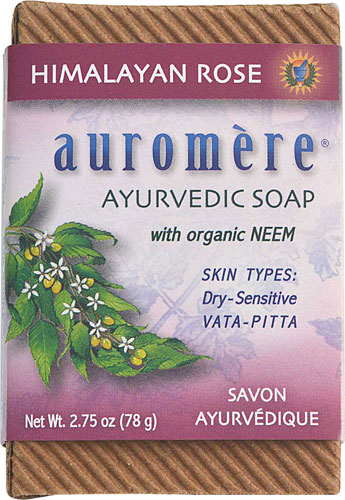If Ayurveda, the ancient mind-body based healing tradition, was a time of day, it would be early morning. Morning, particularly the hours before sunrise, is seen as sacred time—the ambrosial period when all is pure and fresh, especially the mind. To waste the best part of day by sleeping in is a major “you snooze, you lose” moment.
Like Ayurveda’s sister science, yoga, famous for its signature sun salutation, Ayurveda has 5000 years under its belt in crafting a precise self-care routine that can be construed as an internal salute to the self.
Dr. Vasant Lad, one of the preeminent Ayurvedic practitioners in the U.S., says “a daily routine is absolutely necessary to bring radical change in body, mind and consciousness.” Ayurveda even has a regal sounding name for it—dinacharya, which translates as following the day, or being close to the day’s natural circadian rhythm.
Dinacharya says how we start our day matters. It makes a difference if we wake up early, meditate, give a loving self-massage and cleanse our bodies with devotion–or if we keep hitting snooze on our alarm, rush blearily through a shower and then start hammering down coffee. So if you have been getting up on the wrong side of bed, no judgment.
Here are some Ayurvedic tips on how to get up right.
1. Wake up before the sun
The idea that early morning has the highest energy of the day crosses many cultures. In Islam, the first call to prayer is before sunrise. Buddhists also focus on the value of an early morning meditation ritual. The ideal time to get up is between 4:00-6:00 am, when lightness and clarity dominate, dispelling any sluggishness. In Hinduism, this time of day is regarded as being the most conducive for making contact with our deepest inner nature and consciousness.
2. Oil pull
Swish liquid coconut oil or sesame oil in your mouth strengthens gums and can even whiten your teeth. You can do a brief swish for one to two minutes, or for as long as 10 minutes. If a longer swish appeals, consider doing it during abhyanga (see below) or your shower. If using coconut oil, spit out the oil in the garbage, not down the drain, as the oil can congeal and clog pipes.
3. Tongue scrape
This simple Ayurvedic practice removes any bacteria and toxins that can accumulate on the tongue overnight. Monitoring the amount of coating each day gives you a tangible way to measure how your dietary choices can impact your health from one day to the next.
Not only does tongue scraping invigorate and cleanse, it supports the body’s overall detoxification. As an added bonus, it’s also an effective weapon against bad breath. Plus, removing this white coating, according to Ayurveda, makes you able to taste food better.
4. Drink warm lemon water
A glass of warm lemon water first thing stimulates the digestive tract, hydrates the tissues, and promotes elimination, especially if you don’t normally “go” first thing. A morning bowel movement is considered best in Ayurveda, as evidence of a balanced, healthy metabolism.
5. Meditate
The crown jewel of the morning routine, meditation is the quiet climax of a morning routine designed to calm the nervous system. Remember that Ayurveda considers this the most holy window of time, when the mind is primed to remember its essence. Any reflective practice works here, be it prayer, reflection, pranayama, or whatever kind of meditation best suits you.
6. Move
If you can squeeze some movement into your morning, it will energize your entire day. Even just 15 minutes of yoga, or a 20-minute brisk walk can make a huge difference. Morning exercise supports the body’s ability to effectively detox by promoting healthy circulation and encouraging elimination.
7. Abhyanga (oil massage)
The Sanskrit word for oil is sneha, which also means love. In Ayurveda, to anoint your body with oil is tantamount to saturating your body with love. The practice of oil self-massage quiets the nervous system, lubricates and rejuvenates the tissues, promotes the healthy circulation of lymph, and removes stagnation.
Each morning, before a shower or bath, massage a generous amount of warm sesame, coconut or sunflower oil into your skin and hair. Use long, vigorous strokes on your limbs and circular strokes on your belly and joints.
8. Bathe
Cleanliness is king in Ayurveda, purifying for the body and the mind. But because the oil is considered so nourishing, try to use soap only as needed, such as on your armpits and privates, thus letting the oil continue to soak into the skin. Rinsing the skin with warm water shouldbe enough to remove any excess oil.
9. Breakfast
Eat a substantial breakfast, made from fresh cooked, organic, unrefined foods. Oatmeal with cooked fruits is a great option, as is any kind of hot cereal, such as quinoa, millet or rice. You should feel energized, grounded and ready for whatever the day comes. Go forth and radiate.




